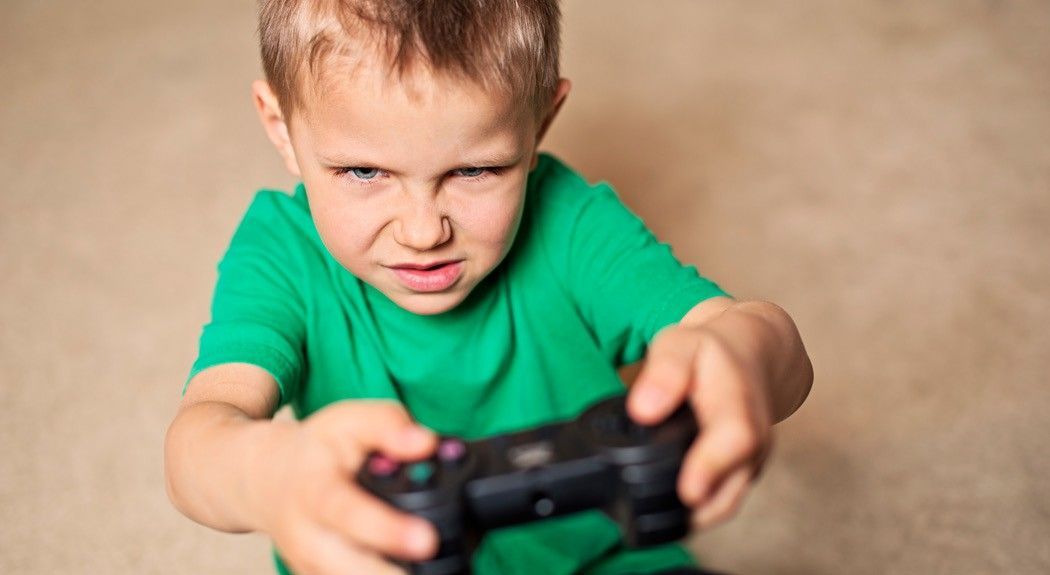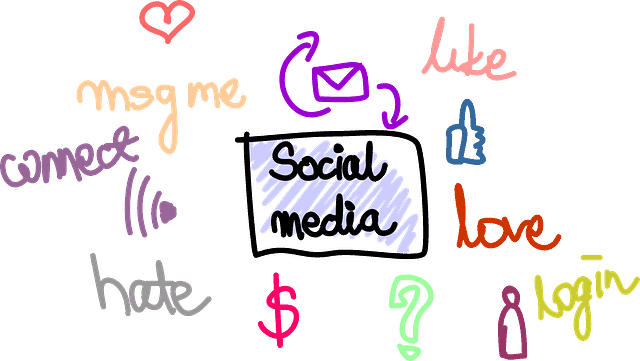Anonymity, or the ability to remain unidentified, allows individuals to detach from their real-world identities. In the gaming realm, this can result in players adopting alternate personas or behaving in ways they might not in their everyday lives. It is crucial to recognize that deindividuation and anonymity are not unique to gaming; they are prevalent in various online interactions, including social media platforms.
Psychology Proven Wrong: Why Gaming Doesn't Increase Aggression
Unmasking the Truth: Why Video Games Aren't Culprits of Aggression

In recent years, the debate surrounding the impact of video games on behaviour, particularly aggression, has gained considerable attention. Many psychologists have argued that gaming can lead to increased aggression in players. However, this viewpoint often overlooks crucial factors such as deindividuation and anonymity, which play a pivotal role in shaping behaviour, both online and offline. In this blog, we will explore why attributing aggression solely to gaming is an oversimplification, and how these psychological concepts are key to understanding the real dynamics at play.
The Gaming-Aggression Link:
Psychologists who assert a direct link between gaming and aggression often focus on observational studies that suggest a correlation. However, correlation does not imply causation, and it is essential to dig deeper into the underlying mechanisms that may contribute to aggressive behavior among gamers.
Comparing Gaming to Social Media:
Drawing parallels between gaming and social media is essential to understanding the broader picture. Both mediums involve online interactions, and both can contribute to anti-social behavior, but it is not the activities themselves that are inherently problematic. Instead, it is the underlying psychological processes associated with deindividuation and anonymity that lead to negative outcomes. Just as gamers might experience deindividuation in the immersive world of a video game, social media users may feel a sense of anonymity behind their screens. Cyberbullying, toxic behavior, and aggression are not exclusive to the gaming community but are prevalent across various online spaces where individuals can hide behind virtual masks.

In conclusion, attributing increased aggression solely to gaming oversimplifies the complex interplay of psychological factors at play. Understanding the role of deindividuation and anonymity is crucial in recognizing that the behavior observed in gamers may not be a result of the games themselves but rather the online environment in which they are immersed. As we continue to explore the impact of technology on behavior, it is essential to consider the broader context and avoid scapegoating specific activities. By doing so, we can foster a more nuanced understanding of the relationship between virtual experiences and real-world behavior.





